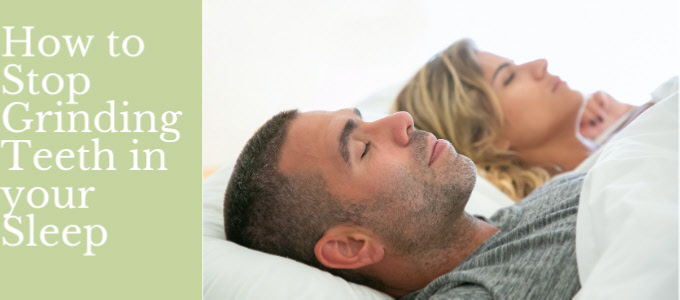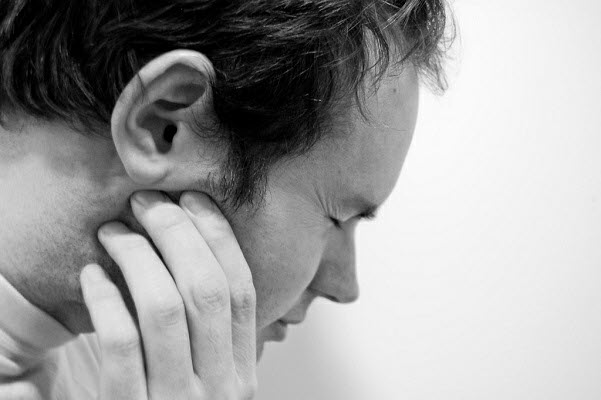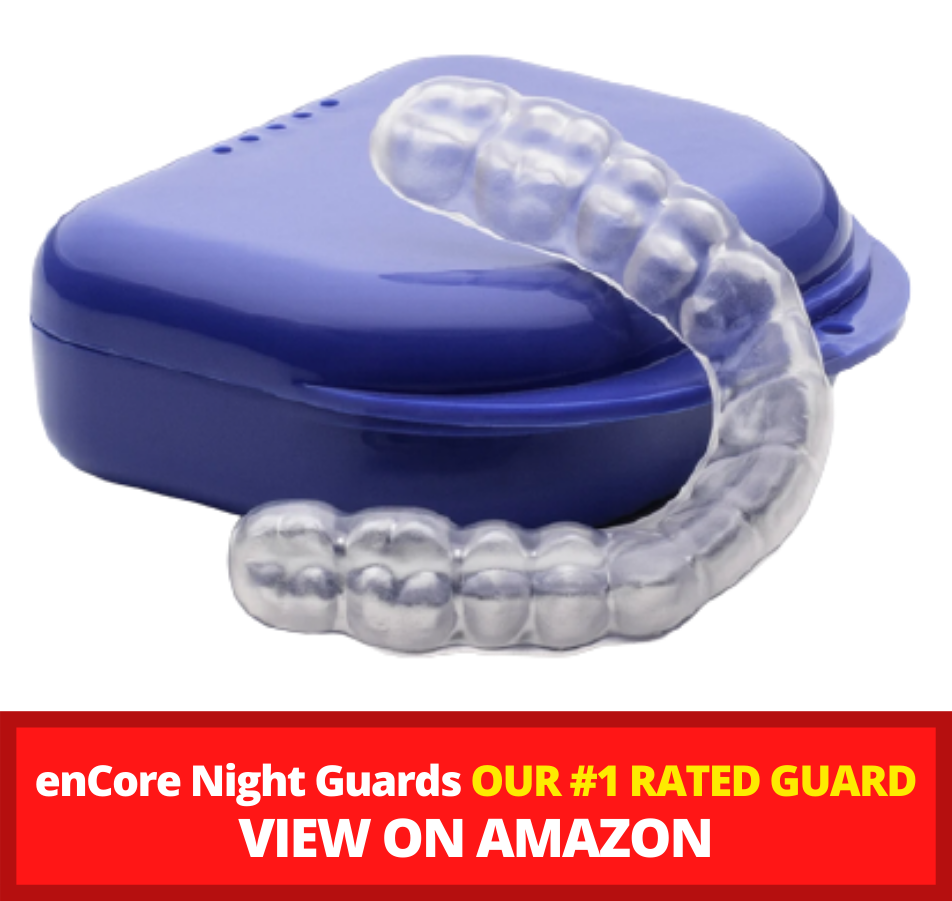Table of Contents

Teeth grinding which is also known as Bruxism is a medical term that illustrates the habit of clenching and grinding an act that abrades teeth which causes headaches, tense muscles and jaw pain. Teeth grinding mostly happen to our oblivion when we are sound asleep at night or during the shot naps that we take during the day. It may interest you to learn a huge number of people suffer from grinding their teeth while asleep. A victim who suffers from the condition is often labelled as a bruxer. Not only do the bruxers grind their teeth they also are fond of biting their fingernails and chewing the inside of their cheeks. The sad bit is that most victims come to realize they have a problem when it’s too late. The issue may escalate in severity before one realizes they have a problem.
Can Bruxism Cause Harm?
Bruxism is not considered a dangerous condition, but it can cause other problems. Other people with healthy teeth and gums can very often get stuck, which can damage their teeth over time. In addition to excessive tooth wear, symptoms such as pain in the face, jaw, headache, and muscle stiffness appear. In extreme cases, severe bites when not eating can cause an imbalance in the jaw. Other publications suggest that it causes sensitive, decayed, missing, loose, worn-out, or fractured teeth.
If you suspect you have the problem you should seek professional help for analysis and treatment. Some of the early signs and symptoms of teeth grinding include discomfort and pain in the jaw muscle which is triggered by the damaged nerves that are a result of the behavior. You will also notice you have flattened or chipped teeth that form due to constant friction applied. It is also possible to develop headaches mainly because of the prolonged muscle contraction one experiences. Several treatment options include the use of mouthguards, biofeedback and electric stimulation. These treatment options help prevent further damage to the jaw muscles and joints as well as the teeth. The devices inhibit muscle contraction and facilitate relaxation of the facial muscles (1).
Some of the Causes of Teeth Grinding
There are several causes of bruxism, the most common of which is stress. Stress plays an important role in worsening tooth grinding. When a person is stressed, normal sleep is lost. It can easily stimulate, which leads to unconscious teeth grinding. When a person is constantly stressed, it becomes difficult to resume. Another cause of stress-related bruxism is feeling undeclared anger. When someone is angry but cannot express it, their feelings become physical symptoms. The most common physical manifestation of anger is teeth grinding.
In addition to the emotional factors, there are also physical causes of bruxism. This includes the incorrect position of the person’s teeth. It can be congenital, pathological, or cause injury. When a person’s teeth are abnormal, there is a risk of frequent chafing. Tooth development is another physical cause. At a young age, teeth are temporary and grow quickly. Growing up can be uncomfortable for children and they can tremble. If a child has a permanent prosthesis, it will take off, thereby eliminating their cyanosis. Finally, bruxism can be caused by disorders that affect a person’s motor function, such as Parkinson’s and Huntington’s chorea. Due to impaired motor function, the patient cannot control the facial muscles, which leads to involuntary teeth grinding.

Tips to Help you Stop Teeth Grinding
A sigh of relief is that there are far fewer adults that have to contend with people the condition compared to children. Specialized attention should be dedicated to children since it’s easy and quick to fix the condition. However, it’s always advisable to practice caution and involve some preventative measures to help alleviate the symptoms of teeth grinding. Children also manage to outgrow the condition when they gradually grow into age.
If you suffer from the condition there are several ways you can use to help you deal with symptoms before they escalate to severity. It is advisable to seek a hand from a mouth guard that helps keep the teeth apart. The mouth guard is effective since it reduces the usual tear and wears that is known to alleviate the discomfort. It is effective to keep the pain at bay whenever you grind your teeth at night.
Again, teeth grinding can also be triggered by stress. The activity can take place during the day when you seek to look for avenues to relief your stress. Stress management is one of the therapeutic processes that may help cut down the symptoms of bruxism. As mentioned earlier, it’s hard to identify yourself as a victim unless someone tells you. It is crucial to learn about the relaxation technique that will come in handy when trying to alleviate the symptoms of bruxism. If you have a child who suffers from this condition, is better to help them learn how to deal with stress. Earlier precautions and preventative measures will cure the condition completely.
Bruxism can happen as a result of dental problems. If you believe you have dental issues that play a huge role in facilitating teeth grinding then it’s important to visit a dentist as soon as possible. The dentist will perform an analysis which will help identify the actual problem. A proper diagnosis will help solve the dental issue once and for all consequently, eradicating the effects and symptoms of teeth grinding. The treatment doesn’t involve any invasive procedure so you can rest easy and gather the courage to consult your dentist.
Conclusion
The ideal treatment is only arrived at if you find the root cause of the problem. Teeth grinding can become a habit if you don’t find the trigger. Fix up your life and evade stressful conflicts or visit a dentist to have your misaligned teeth fixed. Once you try out the two remedies you will slowly notice the problem will slowly start to disappear. You can also rely on some brilliant exercises and gadgets to help stop teeth grinding permanently.


